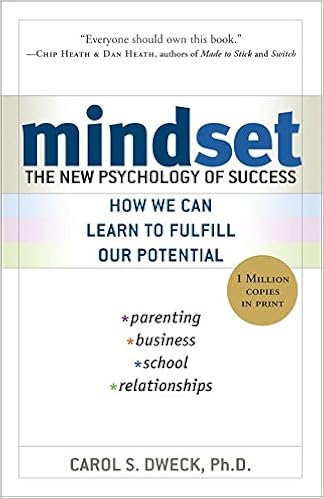How do you serve your preschool families?
- Find out about them. How many are divorced? How many have single parents? How many have other kids in the family and what are their ages?
- Offer single parents support through free babysitting once or twice a month to give them a break.
- Have a group of people who like to cook prepare some one-dish meals for some of the families in need or single parents.
- Involve members in Bible story time. Have them share their favorite Bible stories. (They can show, tell, or read from a children's Bible.)
- Include a service component in your confirmation classes where the kids are required to volunteer so many hours a month in the preschool. Have the director or teachers make lists of service opportunities.
- Have members volunteer to watch the kids on the playground so the teachers can have some meeting or work time.
- Involve the kids in worship services on a regular basis to get families to mingle with the congregation.
- Provide preschool activity bags to help keep the kids busy during worship and include small bags of appropriate treats (that won't cause a mess in the sanctuary).
- Have a clothing and/or toy swap.
- Write a focus article on a preschool family in your newletter so people can get to know them. Give them a special gift for participating.
- During church events have prizes such as a meal a week for a month, 3 months, a semester, or longer.





